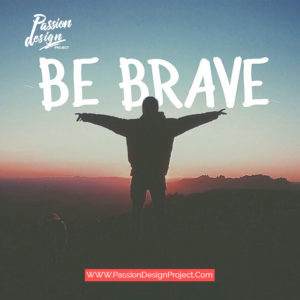Self-confidence can be tricky. We’re taught not to be too confident, too self-assured, or full of our ourselves, but on the flipside not having enough confidence can be damaging.
In the workplace confidence is directly linked to productivity and success, and in life, confidence is going to effect happiness and satisfaction. Building confidence does not require a complete personality overhaul, there are some smaller steps you can take to become more self-assured and boost your confidence.
1. Power Posing
The way you hold your body can impact the way you feel. In her TED Talk, social psychologist Amy Cuddy shares an easy way that anyone can change not only the way other people perceive him or her but also the way they, in fact, feel about themselves.
It’s pretty simple really, just spend two minutes “power posing” with your arms or elbows out, chin lifted and an expansive posture. Seriously.
Cuddy’s research shows that adopting the body language associated with dominance for just 120 seconds is enough to create a 20% increase in testosterone and a 25% decrease in the stress hormone cortisol. The study showed that even if you do not feel confident, adopting certain power postures makes a person feel more powerful. Literally faking it until you make it.
2. Gratitude
Often we focus too much on what we want and do not have, rather than being grateful for what we can offer, or have already. Instead of dwelling on your weaknesses, consciously focusing on things you are grateful for, have succeeded in, are happy for, etc., and this in turn will act as a confidence boosting motivator.
3. Sit in the front row, or lean in
 In schools, workshops, yoga classes and public forums all around the world, people are racing to sit as far away from the front as possible. Sitting in back means that you will be harder to notice and you can control the level of engagement you give. By making a decision to sit in the front row, you give yourself access to the person presenting, you engage with others and you prove to yourself that you are capable and worthy.
In schools, workshops, yoga classes and public forums all around the world, people are racing to sit as far away from the front as possible. Sitting in back means that you will be harder to notice and you can control the level of engagement you give. By making a decision to sit in the front row, you give yourself access to the person presenting, you engage with others and you prove to yourself that you are capable and worthy.
Lean in not out. People around you will notice and they will start to treat you as a peer, as someone with confidence and power.
4. Push yourself
Get out of your comfort zone, try something new, volunteer to be part of a project you normally wouldn’t participate in, stretch your perceived capabilities and when you succeed make sure to reward yourself by acknowledging your success.

